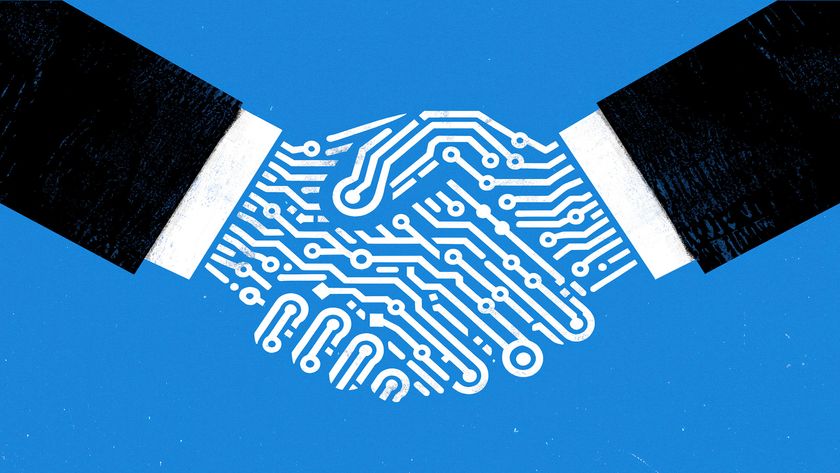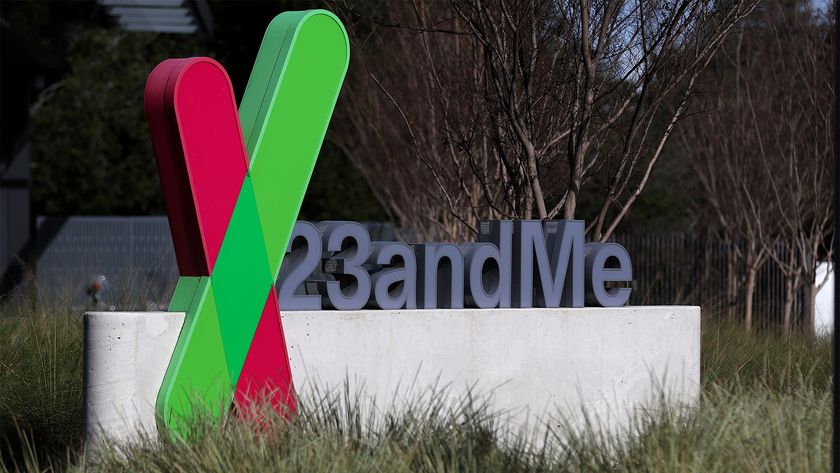EU proposes radical data protection refresh
The EC does as expected in proposing 24-hour breach disclosure rules and heightened powers for regulators like the ICO.
We welcome the move towards more harmonisation of data protection laws in the EU which will help create legal certainty and confidence for companies to operate.
"The revision of Europe's Data Protection framework is an important opportunity to develop regulation that both protects privacy and supports the creation and growth of modern services over the global internet," a spokesperson said.
"We welcome the move towards more harmonisation of data protection laws in the EU which will help create legal certainty and confidence for companies to operate."
The ICO has welcomed the proposals too, but commissioner Christopher Graham said in a number of areas they were "unnecessarily and unhelpfully over prescriptive."
"This poses challenges for its practical application and risks developing a 'tick box' approach to data protection compliance," the ICO said in an official statement.
"The proposal also fails to properly recognise the reality of international transfers of personal data in today's globalised world and misses the opportunity to adjust the European regulatory approach accordingly.
Amongst other qualms, Graham said there was no clear indication of how the regulation's requirements could be readily enforced outside the EU.
Get the ITPro. daily newsletter
Sign up today and you will receive a free copy of our Focus Report 2025 - the leading guidance on AI, cybersecurity and other IT challenges as per 700+ senior executives
More red tape? More bureaucracy?
Yet for all the good will of the proposals, the additional requirements lumped on companies have already upset some.
On top of the 24-hour rule, the EC wants companies with more than 250 employees to appoint a designated data protection officer.
Companies will also have to gain consent from citizens if they wish to use their data.
"In order for processing to be lawful, personal data should be processed on the basis of the consent of the person concerned or some other legitimate basis, laid down by law is based either on a statement or on a clear affirmative action by the person concerned and is freely given," the EC stated.
Furthermore, citizens will be able to ask for data on them to be deleted by companies that hold it otherwise known as their "right to be forgotten."
"Any person should have the right to have personal data concerning them rectified and a 'right to be forgotten' where the retention of such data is not in compliance with this regulation," the EC said.
In addition, all data handlers would be asked to introduce the "privacy by design" principle to ensure "data protection safeguards are taken into account at the planning stage of procedures and systems."
"One of the unintended consequences might be that regulation becomes more and more about box ticking, rather than the substance of privacy," Room added.
"If an organisation is going to be judged on the accountability principle by reference to its documented policies for compliance, does having a good set of papers provide a regulatory get-out that disguises what might be poor operations?"
Tom Brewster is currently an associate editor at Forbes and an award-winning journalist who covers cyber security, surveillance, and privacy. Starting his career at ITPro as a staff writer and working up to a senior staff writer role, Tom has been covering the tech industry for more than ten years and is considered one of the leading journalists in his specialism.
He is a proud alum of the University of Sheffield where he secured an undergraduate degree in English Literature before undertaking a certification from General Assembly in web development.















